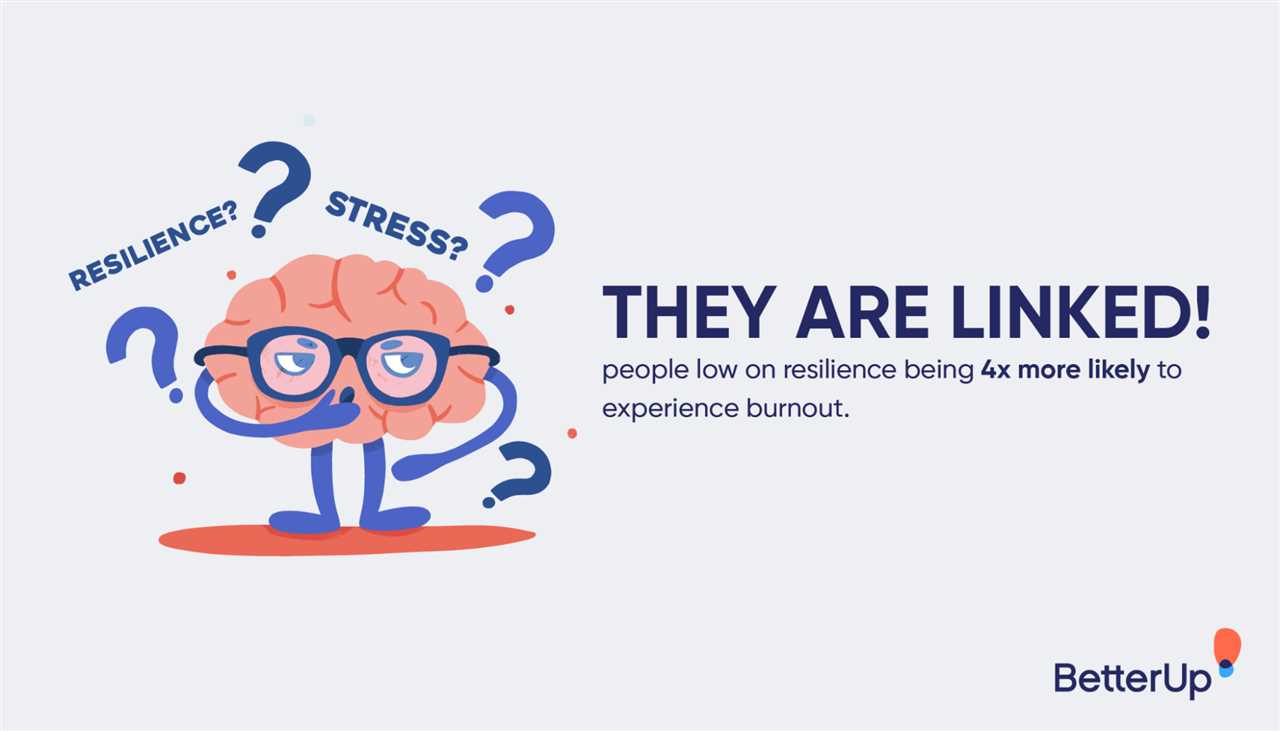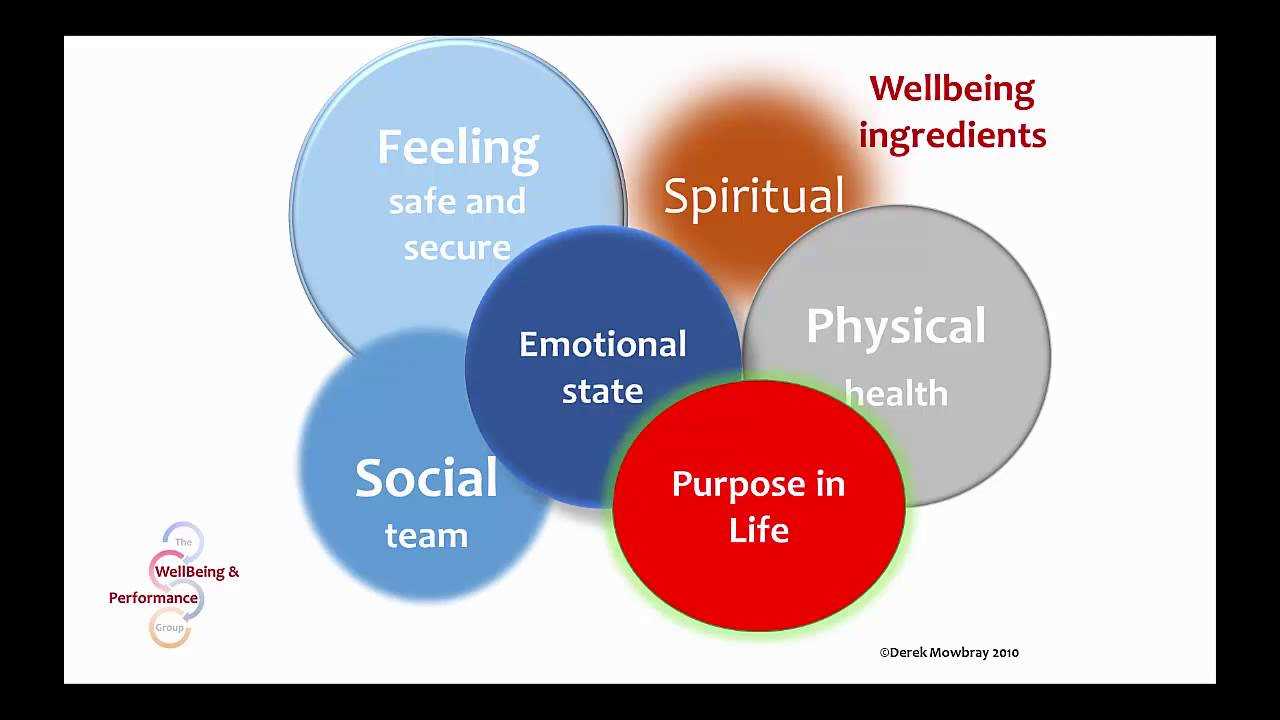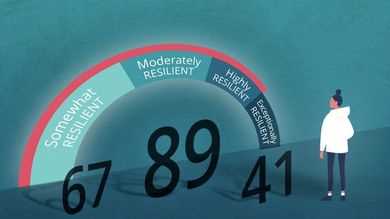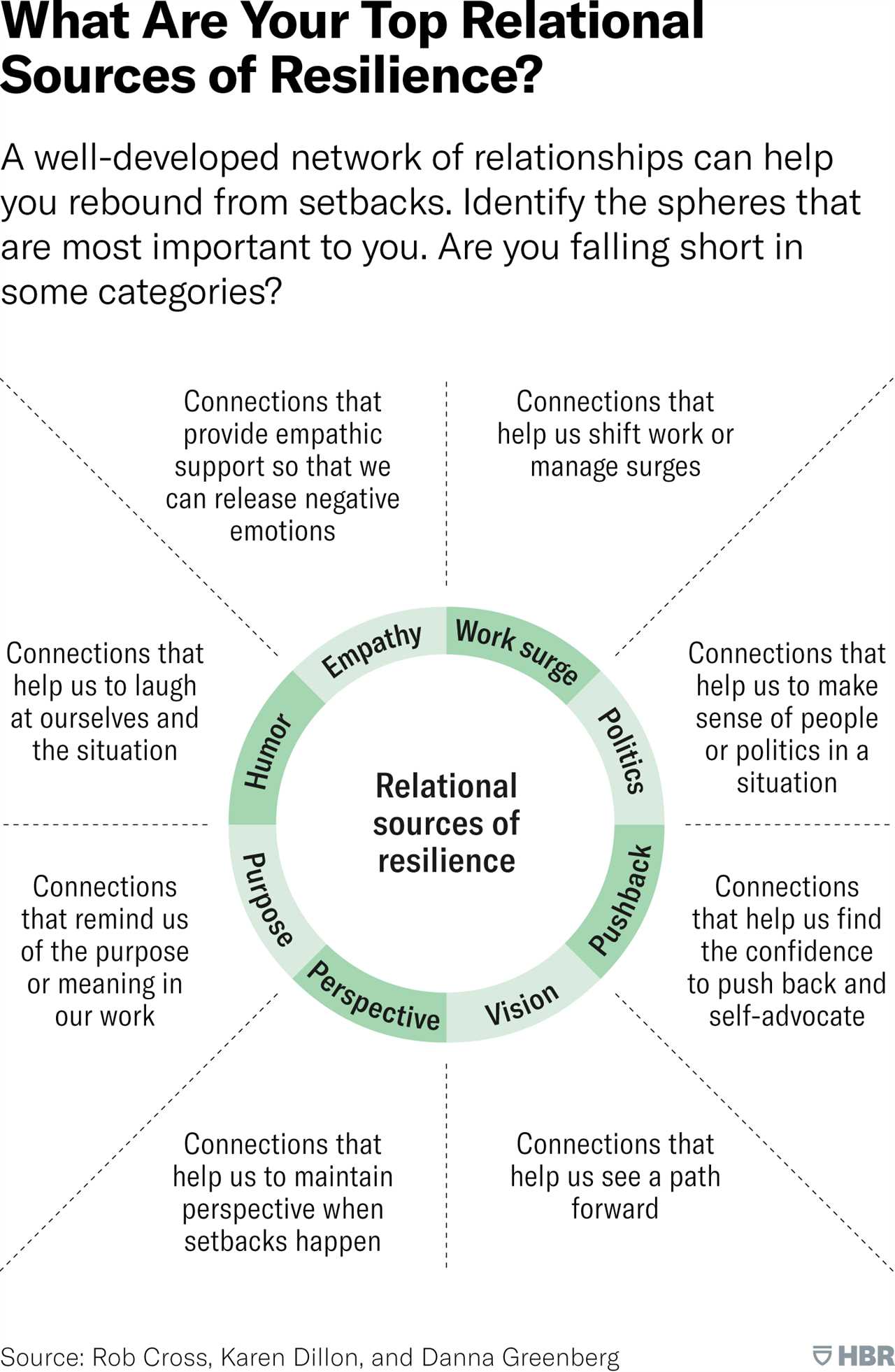
In life, we all face challenges and obstacles that can test our resilience, adaptability, and determination. Whether it’s dealing with a setback, facing a difficult situation, or navigating through uncertain times, having a strong and resilient mindset is crucial.
Resilience is the ability to bounce back from adversity and to continue moving forward despite setbacks. It requires a combination of mental strength, perseverance, and courage. Developing a resilient mindset can help us overcome challenges, build inner strength, and thrive in the face of adversity.
One of the key strategies for developing a resilient mindset is cultivating optimism. Optimism allows us to maintain a positive outlook, even in the face of adversity. It helps us see challenges as opportunities for growth and learning, rather than as insurmountable obstacles.
Another important aspect of developing a resilient mindset is embracing the power of determination. Determination is the fuel that keeps us going, even when the going gets tough. It is the inner strength that pushes us to keep trying, even in the face of failure or setbacks. With determination, we can overcome any obstacle that comes our way.
Understanding the Importance of a Resilient Mindset
Having a resilient mindset is crucial in navigating through life’s challenges and setbacks. It is the belief in one’s ability to bounce back from adversity and thrive in the face of obstacles. Optimism, growth mindset, strength, adaptability, courage, determination, and perseverance are all essential components of a resilient mindset.
Optimism plays a significant role in developing a resilient mindset. It involves focusing on the positive aspects of a situation and having confidence in one’s ability to overcome difficulties. Optimistic individuals are more likely to view challenges as opportunities for growth and development.
A growth mindset is another important aspect of resilience. It is the belief that one’s abilities and intelligence can be developed through hard work, dedication, and perseverance. Those with a growth mindset are more likely to see setbacks as temporary and can use them as motivation to improve and learn from their experiences.
Strength is an inherent quality of a resilient mindset. It is the ability to remain grounded and composed during challenging times. Strength allows individuals to stay focused on their goals and not be easily swayed by external circumstances or negativity.
Adaptability is a key characteristic of resilience. It involves the ability to adjust and thrive in changing situations. Being adaptable allows individuals to find creative solutions to problems and remain flexible in the face of adversity.
Courage is another essential trait of a resilient mindset. It is the willingness to face fears and take risks in pursuit of personal growth and success. Courageous individuals are more likely to embrace challenges and step outside of their comfort zones.
Determination is the unwavering commitment to achieving one’s goals despite obstacles and setbacks. It involves staying focused and motivated, even when faced with adversity. Determined individuals are willing to put in the necessary effort and work hard to overcome challenges.
Perseverance is the ability to keep going even when faced with failure or disappointment. It is the determination to continue striving for success, despite setbacks or obstacles. Persevering individuals understand that setbacks are a part of the journey and use them as opportunities to learn and grow.
In conclusion, having a resilient mindset is crucial for overcoming challenges and achieving success. Optimism, growth mindset, strength, adaptability, courage, determination, and perseverance are all essential components that contribute to developing a resilient mindset. By cultivating these qualities, individuals can navigate through life’s difficulties with grace and resilience.
Building Mental Strength

In order to develop a resilient mindset, it is important to focus on building mental strength. Mental strength is the ability to adapt and bounce back from challenges and setbacks. It requires courage, perseverance, determination, and a growth mindset.
One of the key components of building mental strength is developing adaptability. This involves being open to change and being able to adjust your mindset and approach when faced with obstacles. Having the ability to adapt allows you to find new solutions and approaches to problems, which can help you overcome challenges more effectively.
Courage is another important aspect of building mental strength. It takes courage to face difficult situations and take risks. Having the courage to step outside of your comfort zone and confront your fears can help you build resilience and grow as a person.
A growth mindset is also crucial for building mental strength. This mindset is characterized by a belief that abilities and intelligence can be developed through hard work and dedication. Embracing a growth mindset allows you to view challenges as opportunities for growth and learning, rather than as roadblocks.
Perseverance and determination are essential qualities for building mental strength. It is important to stay committed and motivated, even when faced with setbacks and obstacles. Having the determination to keep going and not give up can help you develop resilience and overcome challenges.
Building mental strength requires resilience. Resilience is the ability to bounce back from adversity and recover quickly from setbacks. It involves being able to maintain a positive outlook and keep going, even in the face of adversity.
In conclusion, building mental strength is essential for developing a resilient mindset. It involves cultivating adaptability, courage, a growth mindset, perseverance, determination, and resilience. By focusing on building these qualities, you can develop the mental strength needed to overcome challenges and thrive in the face of adversity.
Cultivating a Positive Outlook

When it comes to developing a resilient mindset, cultivating a positive outlook is crucial. Optimism is the key to facing challenges with determination and strength. It allows us to believe in our ability to overcome obstacles and bounce back from setbacks.
Resilience is not just about being tough; it is about being adaptable and open to change. By cultivating a positive outlook, we can develop the ability to see opportunities in difficult situations and find creative solutions. This mindset allows us to embrace challenges as opportunities for growth and learning.
Perseverance is another important aspect of a positive outlook. It is the ability to keep going even when faced with adversity. It requires courage and determination to push through obstacles and stay focused on our goals. By cultivating perseverance, we develop the strength to overcome challenges and achieve success.
A positive outlook is not about denying or ignoring the difficulties we face. It is about acknowledging them and choosing to focus on the possibilities and solutions instead. It is about reframing our mindset and shifting our perspective towards the positive. This allows us to approach challenges with resilience and adaptability.
Cultivating a positive outlook takes practice and conscious effort. It requires us to challenge negative thoughts and replace them with positive ones. It involves surrounding ourselves with positive influences and seeking out opportunities for growth and self-improvement. By doing so, we can develop a resilient mindset that allows us to overcome challenges and thrive in any situation.
Embracing Change and Adaptability
Adaptability is a key trait of a resilient mindset. It is the ability to embrace change and adjust to new circumstances. In a world that is constantly evolving, having the courage to step out of your comfort zone and adapt to new situations is essential.
Adapting to change requires courage and perseverance. It takes strength to let go of old habits and routines and embrace the unknown. It requires determination to face challenges head-on and find solutions. It is through this process of adaptation that we can develop a growth mindset.
A resilient mindset is one that sees challenges as opportunities for growth. It is a mindset that believes in the power of perseverance and determination. It is a mindset that understands that setbacks and failures are not the end, but rather stepping stones towards success.
Embracing change and adaptability means being open to new ideas and perspectives. It means being willing to learn from others and to challenge your own beliefs and assumptions. It means being flexible and willing to change course when necessary.
Developing a resilient mindset is not easy, but it is worth the effort. It is a mindset that allows us to bounce back from adversity and to thrive in the face of challenges. It is a mindset that empowers us to take control of our own lives and to create the future we desire.
So, embrace change and adaptability. Cultivate the courage, perseverance, determination, and strength needed to overcome challenges. Develop a resilient mindset that sees obstacles as opportunities and setbacks as stepping stones. Embrace change, and you will find that you have the power to create the life you want.
Developing Resilience in the Face of Challenges

In today’s fast-paced and unpredictable world, developing resilience is essential for overcoming challenges and achieving success. Resilience is the ability to bounce back from setbacks, adapt to change, and maintain a positive outlook in the face of adversity.
Optimism is a key component of resilience. By cultivating a positive mindset, we can approach challenges with a belief in our ability to overcome them. This optimistic outlook helps us stay motivated and focused on finding solutions, even when things seem difficult.
Adaptability is another important aspect of resilience. Being able to adjust and change our strategies when faced with unexpected obstacles allows us to navigate through challenges more effectively. By embracing change and being open to new ideas, we can find innovative solutions to problems.
Strength and courage are also crucial in developing resilience. Strength comes from within, both physically and mentally. By building our physical strength through exercise and taking care of our bodies, we can better handle the demands of challenging situations. Courage allows us to face our fears and take risks, even when the outcome is uncertain. By stepping out of our comfort zones, we can grow and develop our resilience.
Growth mindset is a mindset that believes in the power of learning and personal development. By embracing a growth mindset, we can view challenges as opportunities for growth and improvement. This mindset helps us persevere through difficulties, knowing that setbacks are temporary and can lead to valuable lessons.
Developing resilience is an ongoing process that requires practice and self-reflection. It is important to remember that resilience is not about avoiding or eliminating challenges, but rather about building the skills and mindset to navigate through them successfully. By cultivating optimism, adaptability, strength, courage, and a growth mindset, we can develop the resilience needed to overcome any obstacle that comes our way.
Setting Realistic Goals
Setting realistic goals is an essential part of developing a resilient mindset. It is important to have a growth mindset and believe in your own strength and abilities. By setting goals that are attainable, you can cultivate a sense of optimism and courage.
When setting goals, it is crucial to consider your own strengths and weaknesses. By recognizing your strengths, you can leverage them to overcome challenges and achieve success. However, it is also important to acknowledge areas where you may need to improve and develop a plan for growth.
Optimism plays a significant role in setting realistic goals. By maintaining a positive outlook, you can approach challenges with determination and perseverance. Even when faced with obstacles, an optimistic mindset allows you to find creative solutions and stay motivated.
It is important to remember that setbacks and failures are a natural part of the goal-setting process. Resilience is the key to bouncing back from these setbacks and continuing to pursue your goals. By developing a resilient mindset, you can view failures as opportunities for learning and growth.
When setting goals, it is crucial to be specific and measurable. Setting clear objectives allows you to track your progress and make adjustments as needed. Additionally, breaking larger goals into smaller, manageable tasks can help maintain motivation and momentum.
In conclusion, setting realistic goals is a crucial aspect of developing a resilient mindset. By approaching goal-setting with optimism, courage, and determination, you can cultivate a mindset that is focused on growth and success. Remember to leverage your strengths, acknowledge areas for improvement, and view setbacks as opportunities for learning and growth. With perseverance and resilience, you can overcome challenges and achieve your goals.
Seeking Support and Building a Support Network

In the journey of developing a resilient mindset, seeking support and building a support network are crucial steps. No one can navigate through life’s challenges alone, and having a strong support system can provide the necessary encouragement and resources to overcome obstacles.
Perseverance, optimism, resilience, determination, growth, adaptability, courage, and a positive mindset are all qualities that can be nurtured and enhanced through the support of others. When faced with difficulties, it is important to reach out to trusted friends, family members, or mentors who can offer guidance, empathy, and a fresh perspective.
Building a support network involves actively seeking out individuals who share similar goals, values, and interests. These connections can provide a sense of belonging and understanding, as well as opportunities for collaboration and learning. It is important to surround oneself with people who inspire and motivate, as their positive influence can contribute to personal growth and resilience.
Seeking support is not a sign of weakness, but rather an acknowledgment of the human need for connection and assistance. It takes courage to ask for help and to open up about struggles, but doing so can lead to valuable insights, solutions, and emotional support.
Remember that building a support network is a two-way street. It is important to offer support and be there for others in times of need as well. By fostering a community of mutual support and empathy, everyone can benefit and grow together.
Practicing Self-Care and Stress Management
Self-care and stress management are essential components of developing a resilient mindset. When facing challenges, it is important to prioritize self-care to maintain the courage, growth, and perseverance needed to overcome obstacles.
A resilient mindset requires a determination to take care of oneself physically, mentally, and emotionally. This means setting aside time for activities that promote well-being, such as exercise, healthy eating, and getting enough sleep. By prioritizing self-care, individuals can build the strength necessary to face challenges head-on.
Stress management is another crucial aspect of resilience. It is important to develop strategies for coping with stress in healthy ways. This may include practicing mindfulness and relaxation techniques, seeking support from friends and family, or engaging in activities that bring joy and relaxation.
Optimism also plays a significant role in practicing self-care and stress management. By maintaining a positive outlook and focusing on solutions rather than problems, individuals can better navigate through difficult times. Cultivating optimism can help build resilience and empower individuals to overcome challenges with a proactive mindset.
Overall, practicing self-care and stress management is essential for fostering resilience. By prioritizing physical and mental well-being, individuals can develop the strength and determination needed to face challenges head-on. With a resilient mindset, individuals can approach obstacles with courage and optimism, leading to personal growth and success.

I am Patrina de Silva, a psychologist and mental health blogger in Sri Lanka. After obtaining psychology degrees from the University of Colombo and Monash University, I returned home to work as a counselor while also starting the popular blog “Pressy but Happy” to provide advice on psychological issues. Over the past decade, my empathetic articles have made my blog a leading mental health resource in the country. In addition to writing, I maintain a private therapy practice, frequently volunteer counseling time, and conduct seminars, driven by my passion for destigmatizing mental illness and educating the public on the mind-body connection. I strive to be an influential voice in my field through my compassionate approach.
